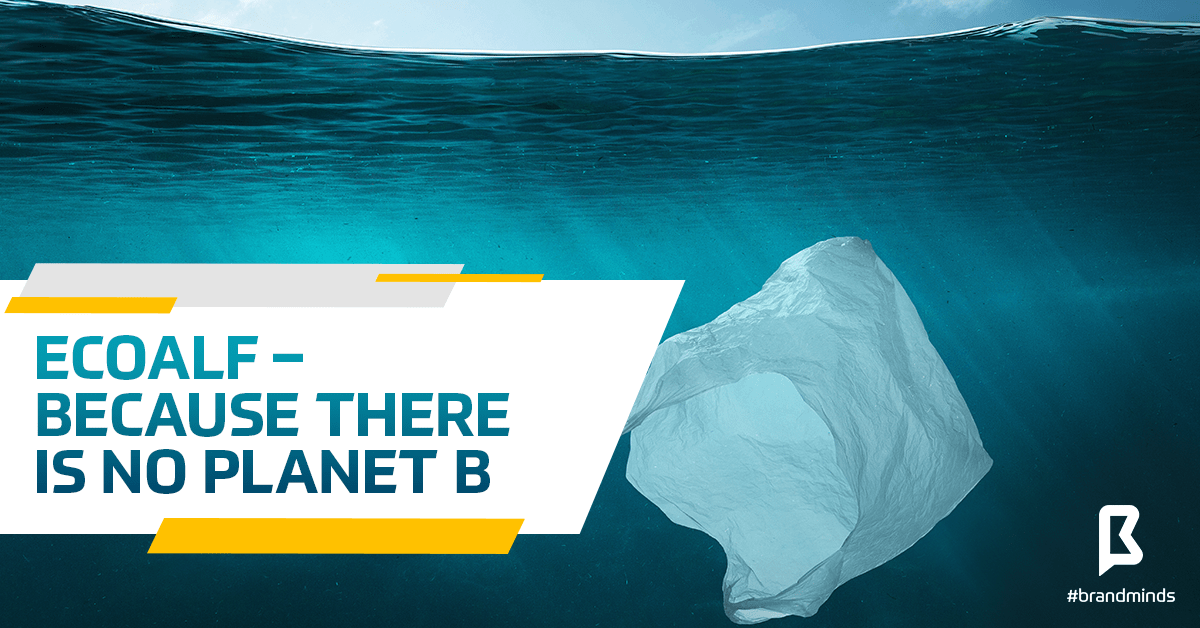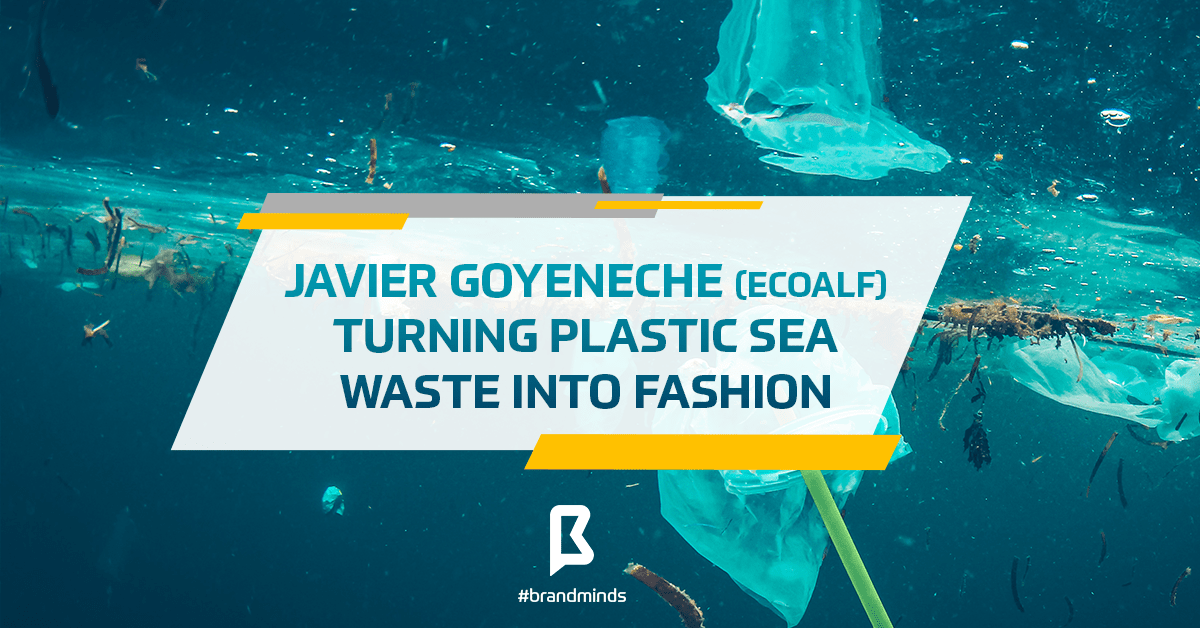Ecoalf – Because There Is No Planet B
Ecoalf is a Spanish company which turns plastic sea waste into high-quality fashion products.
It was founded in 2010 by Javier Goyeneche after the birth of his son, Alfredo (the ALF in Ecoalf comes from Alfredo). Javier started Ecoalf after he became increasingly frustrated with the excessive use of the world’s natural resources.
Read my interview with Javier Goyeneche: Turning Plastic Sea Waste Into Fashion
Ecoalf is a sustainable fashion brand from A to Z. The company created Sea Yarn, a new 100% recycled filament which is made of the plastic bottle collection found at the bottom of the Mediterranean Sea.
As Javier highlights in our interview, Ecoalf is not about recycling grandma’s old blanket into a backpack; it’s about innovation and design.
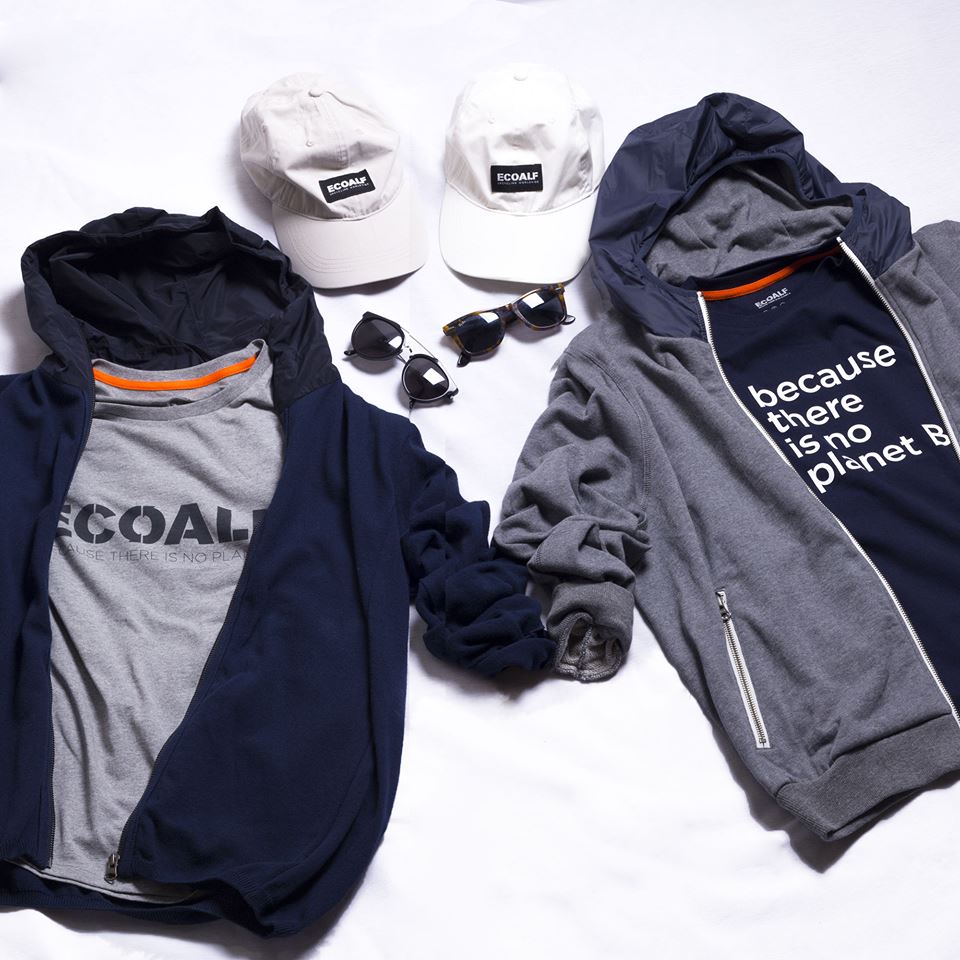
facebook.com
Mission and Vision
Ecoalf’s vision is a world where natural resources are not used in a careless way. Its mission is to create the first generation of recycled products with the same quality and design as the best non-recycled.
The company is founded on three principles: compromise, coherence and transparency. Its DNA is based on sustainability, innovation and sustainable design.
In the majority of processes, Ecoalf uses mechanical recycling – the most sustainable form of recycling.
In terms of energy consumption and CO2 emissions, the production of a recycled material thread has a much lower impact compared with conventional thread.
Here are the parameters which Ecoalf uses when determining a material’s sustainability:
- Energy consumption/CO2 emissions;
- Use of water;
- Use of the ground;
- Use of chemical products;
- Relationship with biodiversity;
- Production of solid residues.
Ecoalf’s designing team creates clothing fashion lines for women, men and children, footwear (flip-flops and sneakers) and accessories (backpack).
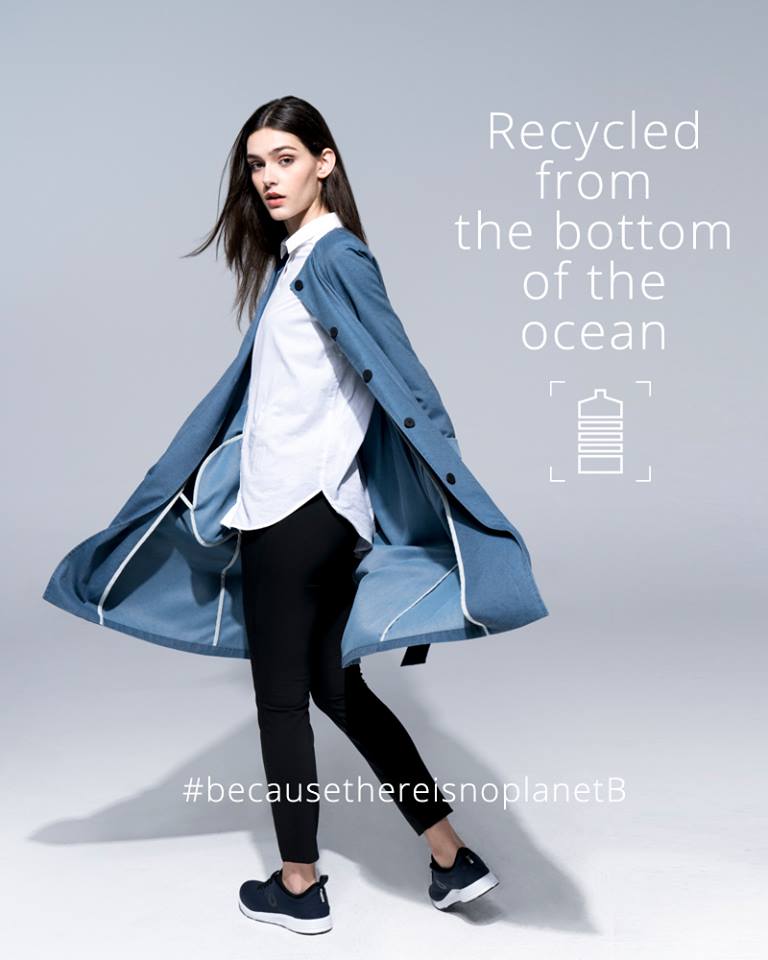
facebook.com
What recycled materials does Ecoalf use to create new products?
- Recycled plastic bottles retrieved from the ocean by fishermen;
- Recycled nylon (fabric scraps, fishing nets from the oceans and carpets);
- Recycled cotton;
- Recycled wool;
- Recycled used tires;
- Post-consumer coffee grounds.
Here are the results of Ecoalf’s innovative recycling process:
- More than 80 million tonnes of plastic bottles recycled so far;
- 135 grams of discarded fishing nets = 1 meter of Ecoalf fabric;
- 1 Ecoalf t-shirt made from recycled cotton saves 2500 litres of water;
- Recycling nets means 27% less consumption of natural resources and a 28% reduction of greenhouse gases emissions;
- Every 1000 kg of Ecoalf fabric reduces the equivalent CO2 emissions of a car driving 9800 km;
- Production of 1000 kg of fabric saves the equivalent of 955 kg of crude oil;
- It took 2 years of research and development to come up with an innovative process by which to turn used tyres into flip-flops as tyres contain metals, antioxidants and fabric pieces.
Partnerships
Ecoalf believes in creation through transformation. The company partnered with major brands that share the same commitment to the Zero Waste philosophy.
Here are some of them:
Starbucks
Starbucks partnered with Ecoalf to create exclusive products made with recycled coffee grounds.
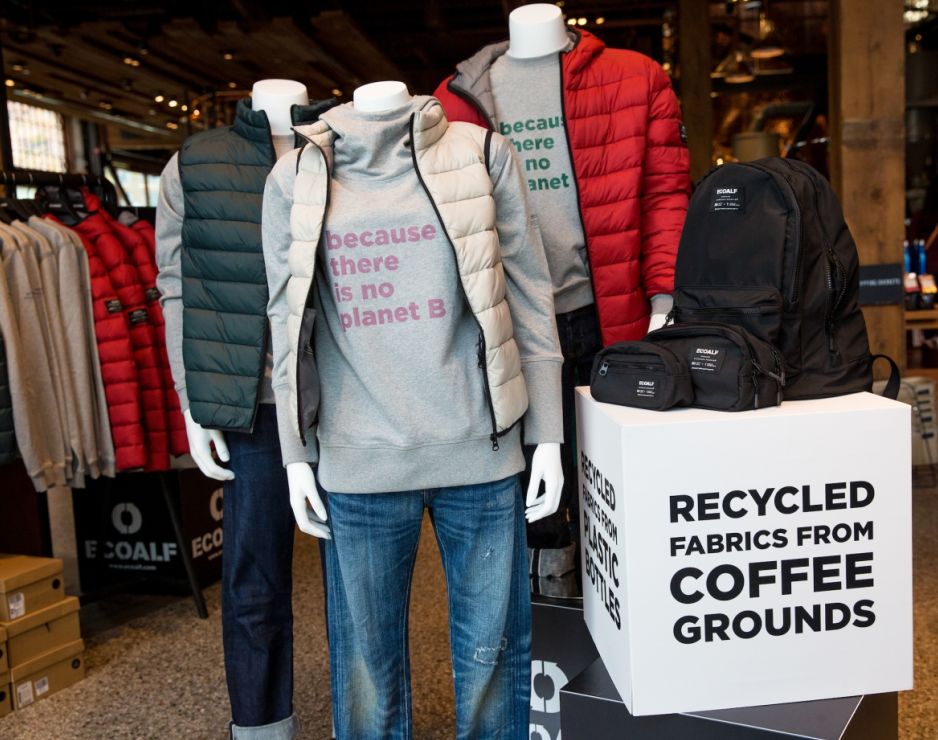
image source: stories.starbucks.com
Swatch
Ecoalf developed an exclusive collection made with 100% recycled fabrics to dress Swatch employees. The company used 40.807 recycled plastic bottles and post-consumer cotton which saved over 30 million litres of water.
will-i-am and Coca-Cola
Ecoalf joined will-i-am and Coca-Cola to launch an exclusive and limited collection of Ekocycle garments made with Ecoalf fabrics at Harrods.
Gwyneth Paltrow
The Spanish company and the famous actress successfully designed a vest and backpack.
Apple
Ecoalf designed for Apple a special collection of stylish and eco-conscious accessories.
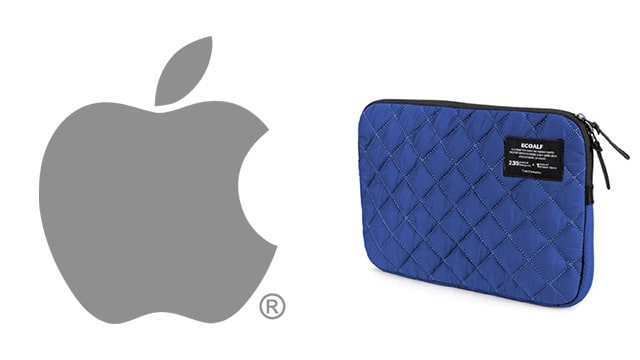
ecoalf.com
Awards and Recognition
Ecoalf has received numerous awards and accolades in recognition of its amazing work. Here are some of them:
Recognized by PETA
Ecoalf received the PETA Award for its 100% VEGAN Collection FELDER FELDER.
A Certified B Corporation®
Ecoalf is the first fashion brand in Spain to become a Certified B Corporation. There are 2,441 Certified B Corporations in the world with 1 unifying goal – to redefine success in business. B Corporations inspire all businesses to compete not only to be the best in the world but be the best for the world.
El Confidencial-KPMG Award for the best Initiatives in Eco-efficiency.
Land Rover Award in the category of “Technology and innovation”.
Join the Conversation
We’d love to hear what you have to say.
Get in touch with us on Facebook Group and Twitter.
Javier Goyeneche (ECOALF) – Turning Plastic Sea Waste Into Fashion
Javier Goyeneche is the founder of ECOALF, the Spanish company which turns plastic sea waste into high-quality fashion products.
ECOALF is a fashion company that created a new 100% recycled filament, Sea Yarn, which is made of the plastic bottle collection found in the bottom of the Mediterranean Sea.
The sea yarn is further used to create high-quality fabrics which ECOALF turns into a new generation of sustainable products.
Through this process, one sweatshirt alone saves 6200 litres of water. ECOALF designs and makes fashion clothes, footwear and accessories for women, men and children.
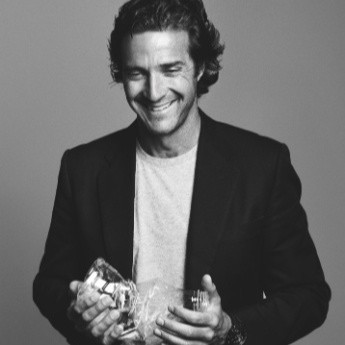
Javier Goyeneche, founder of ECOALF/linkedin.com
Javier Goyeneche’s commitment to put an end to the endless pollution of the environment prompted him to take the next step: setting up the ECOALF Foundation.
The mission of the ECOALF Foundation is to upcycle the oceans of our planet. The foundation is currently running two projects: Upcycling the oceans in Spain and Thailand.
The project in Spain started in 2015 and involved 28 ports amounting to a total of 441 sea trawlers and over 4000 fishermen. To date, more than 200 tonnes/year of marine debris has been recovered from the bottom of the Mediterranean sea.
In 2016, the Ecoalf Foundation started the Upcycling the Oceans project in Thailand. According to statistics, 8 million tonnes of trash end up in the oceans every year. 60% comes from a range of Asian countries. This project promotes the collection and management of plastic waste in Thailand’s coastal and marine tourist areas. Project activities include scuba divers collecting plastic waste from underwater as well as other volunteers collecting plastic waste from beaches.
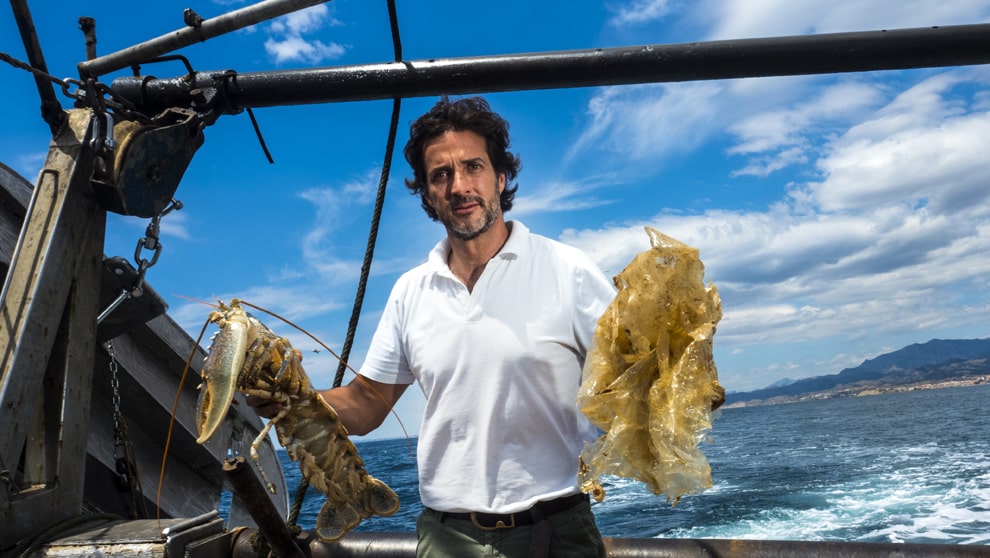
mundotextilmag.com.ar
I was interested to know more about Javier Goyeneche’s mission to produce high-quality fashion and cleaning the oceans of plastic waste at the same time so I asked him the following questions:
1. What is the story behind Ecoalf? How did it all start?
The concept ECOALF was born in 2010 after the birth of my son, Alfredo (the company is named after him).
At that time I was reflecting upon the world we leave to the next generation and felt frustrated with the excessive use of the World’s natural resources.
I decided to create a fashion brand that is truly sustainable. I thought the most sustainable thing was to stop using our natural resources in a careless way.
2. As a champion of sustainability, name a few of the challenges that you were faced with while building your company.
Uff, there have been many. In terms of clients, the concept of recycling is for many of them something negative and synonym of bad quality. They seem to think we recycle the old blanket of the grandmother to make a backpack. I have and spend a lot of time and energy trying to prove that ECOALF is about innovation + design.
Also, my goal was to create a sustainable brand where the price would be affordable (unfortunately most sustainable products are expensive).
In terms of production, we are constantly facing challenges. Trying to be as sustainable as possible is not easy and requires huge and constant effort.
3. Which was harder: to change technologies or people’s minds?
Through investment and patience, we have proved we were able to do many things they told me wouldn’t be possible.
Changing peoples minds is a constant effort. Unfortunately, our actual fashion model with t-shirts at 3 euros is not sustainable and is creating a huge negative impact on our planet. People want to be sustainable but don’t want to change their habits.
Read our previous Success Stories about travelling gamification, building the homes of the future, and creating custom software.
Join the Conversation
We’d love to hear what you have to say.
Get in touch with us on Facebook Group and Twitter.


